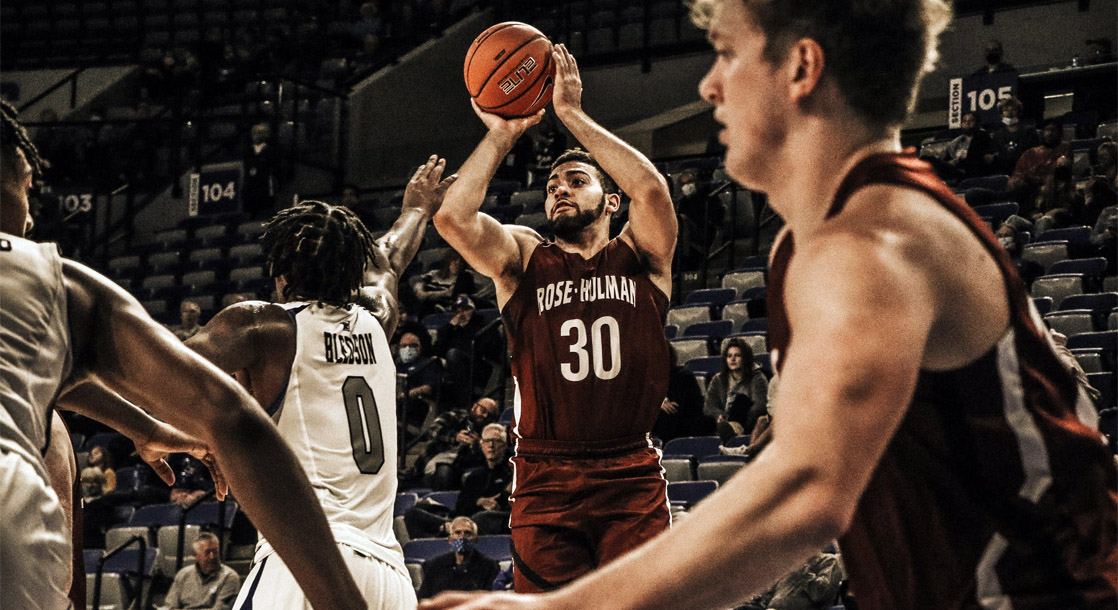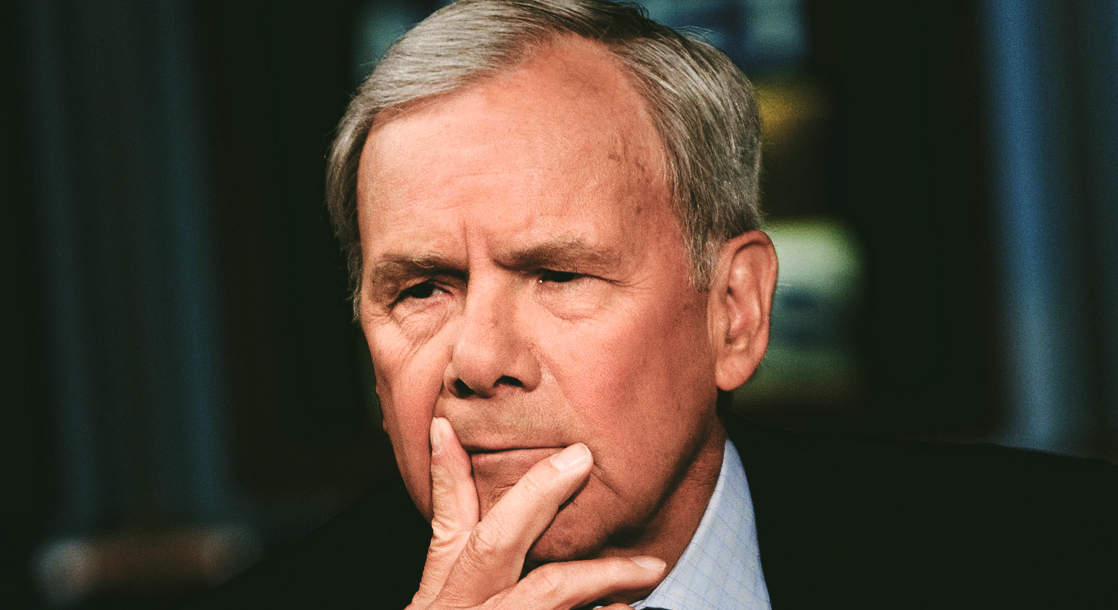Cover image via
Following a Beijing Olympics rife with doping scandals — and with sprinter Sha-Carri Richardson’s tragic exclusion from the Tokyo Olympics due to a positive cannabis test still fresh on the sporting community’s minds — NCAA officials have announced the organization is raising THC limits for student-athletes from 35 to 150 ng/mL.
“Reconsidering the NCAA approach to cannabis testing and management is consistent with feedback from membership on how to better support and educate student-athletes in a society with rapidly evolving public health and cultural views regarding cannabis use,” said NCAA chief medical officer Brian Hainline in a press statement. “Marijuana is not considered a performance-enhancing substance, but it remains important for member schools to engage student-athletes regarding substance use prevention and provide management and support when appropriate.”
Also changed are the NCAA’s penalties for positive THC tests. No complete loss of eligibility is incurred from the first three positive tests, given that the school “provides a management plan and education for the student-athlete.” The competitor must miss 25% of regular-season competitions if they test positive twice and are found to have not compiled with their school’s plan. If they are found in further non-compliance after a third test, they must miss 50% of matches.
The new 150 ng/mL threshold was set in accordance with World Anti-Doping Agency (WADA) regulations, even though that agency announced last September that it would be re-evaluating its THC policy. In July, a publicized debate arose between WADA and the US Anti-Doping Agency over who was to blame for the strict THC policy. The world agency had previously announced in 2017 that athletes would be allowed to use CBD.
In 2013, WADA raised the acceptable limit for a positive THC test from a mere 15 nanograms — an amount that some said could be caused by merely inhaling secondhand smoke. At the time, WADA spokesperson Ben Nichols told USA Today that the rules were in place merely to prevent in-competition use, “and not use during the days and weeks before competition.”
That did not turn out to be the case when it came to Sha’Carri Richardson, the elite US sprinter who was a Tokyo Olympics favorite — until she tested positive for THC at the Olympic trials in 2021. Richardson said she had consumed cannabis in the days previous to her drug test to cope with the death of her mother, who had passed away a week earlier. Despite a half million people signing a petition in favor of her being allowed to compete, the US branch of WADA banned her from running at the Olympics that year.
Richardson’s wound was re-opened when Russian figure skater Kamila Valieva was allowed to compete in the Beijing Olympics despite failing a drug test (for a heart medication that is considered a performance-enhancer) before the games began.
“Can we get a solid answer on the difference of her situation and mines?” Richardson tweeted at the time.
The world is still waiting for that answer — but as the NCAA news shows, at the very least, sports organizations are beginning to re-examine their cannabis policies.
Follow Caitlin on Instagram, and catch her Spanish-language podcast Crónica on Spotify and Mixcloud.











